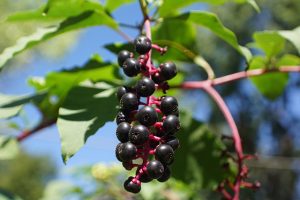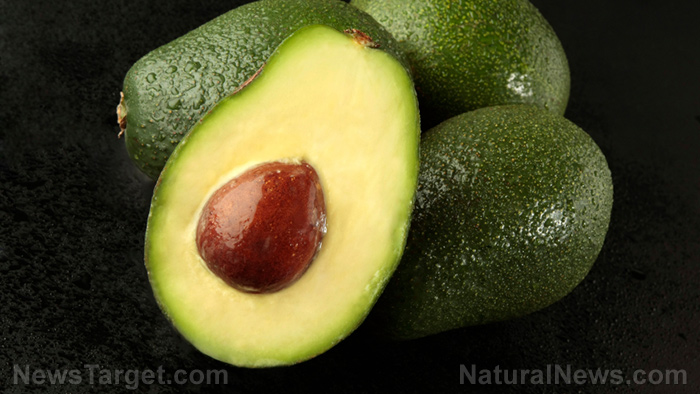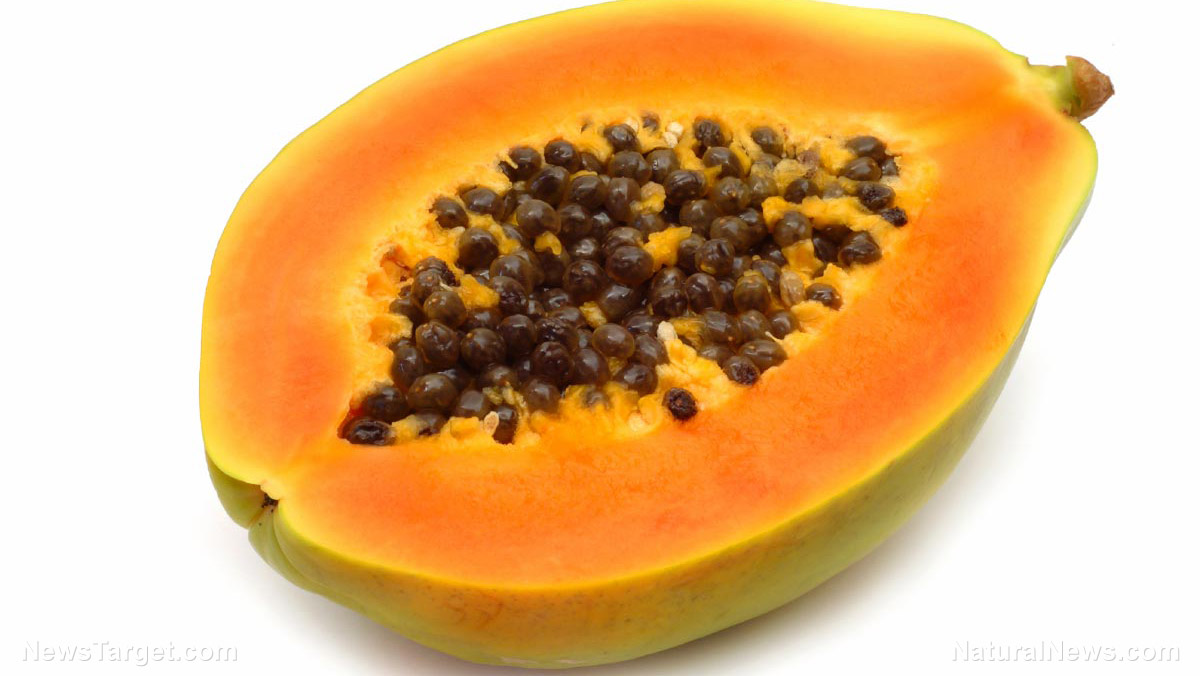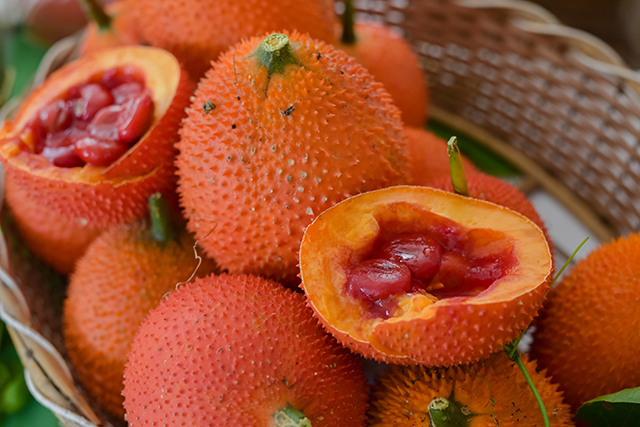Elderberry – sources, health benefits, nutrients, uses and constituents at NaturalPedia.com
07/06/2017 / By Earl Garcia
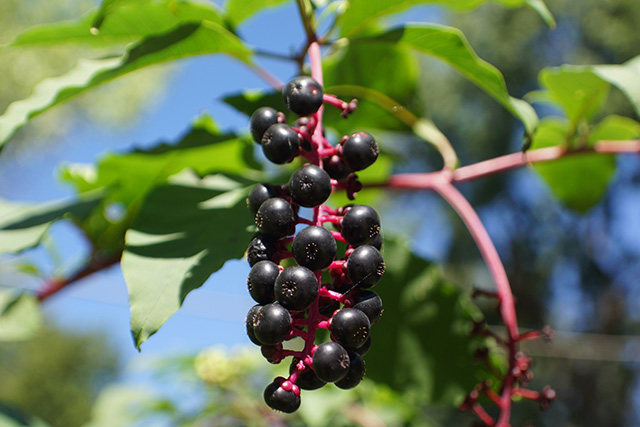
Elderberries have long been known for their medicinal value, especially in ancient Greece. In fact, the berries’ health benefits have been highly regarded in ancient times that Hippocrates, the father of medicine himself, called them his medicine chest.
The tiny, round berries and flowers of the elder tree are also widely used by early settlers of North America, as well as Spanish and other European explorers. Indigenous natives residing around arctic regions of the Northern hemisphere have associated elderberries with longevity and wellness.
List of known nutrients
Elderberries are known to contain loads of important vitamins and minerals that boost the body’s overall health. Among these are:
- Calcium
- Folates
- Iron
- Isorhamnetin
- Magnesium
- Niacin
- Pantothenic acid
- Phosphorus
- Potassium
- Pyridoxine
- Quercetin
- Riboflavin
- Sodium
- Vitamin A
- Vitamin C
- Zinc
Medicinal uses for elderberry
Elderberries are touted for their beneficial effects on the immune system. They contain antibacterial and anti-infectious properties that stave off seasonal infections such as influenza. Likewise, elderberries are highly effective in keeping various respiratory diseases — including sore throat, asthma, and cough as well as cold and bronchitis — at bay. The bioflavonoids in elderberries contain expectorant properties that soothe inflammation and eliminate phlegm. Elderberries are also known to fortify the immune system and protect it against itself. This means that elderberries prevent the onset of autoimmune disorders and may even alleviate symptoms and pain associated with acquired immune deficiency syndrome (AIDS).
The berries are known to promote heart health as well. The high fiber content in elderberries rid the body of excess cholesterol and simultaneously facilitate good cholesterol absorption. Likewise, elderberries are an excellent source of potassium, which acts as a vasodilator that relaxes blood vessels and arteries. This makes elderberries the go-to superfood against atherosclerosis and other cardiovascular issues.
In addition, the fruit’s abundant fiber supply is found to improve overall digestive health. In fact, a single serving of elderberries offer up to 40 percent of the recommended daily requirement for dietary fiber. Thus, elderberries are found to eliminate constipation, reduce excess gas, and effectively induce healthy weight loss. Elderberries also facilitate the body’s nutrient absorption.
Moreover, certain antioxidants in elderberries are working directly in the pancreas to regulate the body’s blood sugar and insulin levels. This means that elderberries could help stave off diabetes and promote stability in patients who already have the disease. Additionally, elderberries are known for their antioxidant and anti-inflammatory compounds that promote skin health and ease joint pains, respectively. High levels of essential minerals in elderberries promote bone strength and prevent osteoporosis.
Body systems supported by elderberry
Elderberries are particularly beneficial to the immune, digestive, and circulatory systems. Likewise, the berries support bone and skin health.
Ways to use elderberry
Elderberries are notably versatile berries that can be processed into a variety of products. The fruit can be made into a delicious jelly, which may actually last for a few weeks if refrigerated. Elderberries can also be processed into syrup, which helps stave off common winter ailments such as sore throats, colds, and flu. Likewise, alcohol can be added to elderberry fruits and leaves to make a concentrated, potent tincture.
Where to learn more
- Elderberry is an Effective Treatment for Colds and Flu
- Elderberry Trumps Tamiflu for Flu Remedy
- Elderberry’s Curative Properties
- Elderberry and Echinacea: Double the Healing Power
- Anti-Oxidant Rich Elderberry Can Help with Weight Loss
Summary
Elderberries prevent infections, digestive issues, and cardiovascular conditions.
Elderberries stave off diabetes and osteoporosis, and relieve AIDS symptoms.
Elderberries benefit the immune, digestive, and circulatory systems.
Elderberries support both bone and skin health.
Sources include:
Tagged Under: Elderberry

